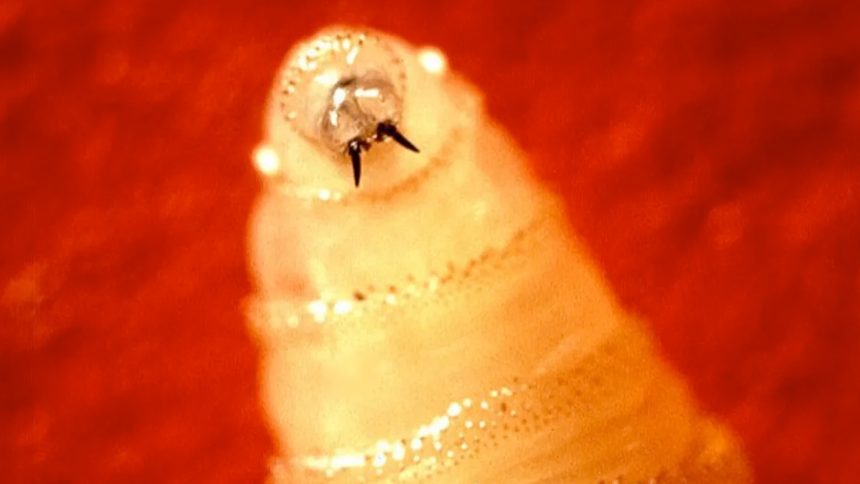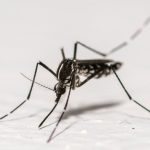The Department of Health and Human Services has confirmed the first human case of New World screwworm myiasis in the United States. The parasitic infestation was identified in a patient who had recently returned from El Salvador, with confirmation made on August 4.
NWS myiasis is caused by fly larvae, or maggots, that burrow into living tissue. While the pest is primarily known for affecting livestock, humans can also be infected, particularly if they have open wounds. Authorities say the risk to the US public health remains very low.
The Centers for Disease Control and Prevention worked with Maryland’s health department to investigate the case. HHS spokesperson Andrew Nixon said it was the first travel-associated human case identified in the US from a country experiencing an outbreak.
Parasite spreading through the Americas
The New World screwworm is usually found in South America and the Caribbean, but cases have now been reported across every Central American country, as well as Mexico and the US. The parasite poses serious dangers to animals, and in rare cases, to humans.
The USDA’s Animal and Plant Health Inspection Service has partnered with agriculture agencies, the State Department, and the UN’s Food and Agriculture Organization to help contain the spread.
“When NWS fly larvae (maggots) burrow into the flesh of a living animal, they cause serious, often deadly damage to the animal,” according to the USDA. “NWS can infest livestock, pets, wildlife, occasionally birds, and in rare cases, people.”
The USDA estimates that an outbreak among US livestock could threaten more than $100 billion in economic activity tied to the cattle and livestock industry.













